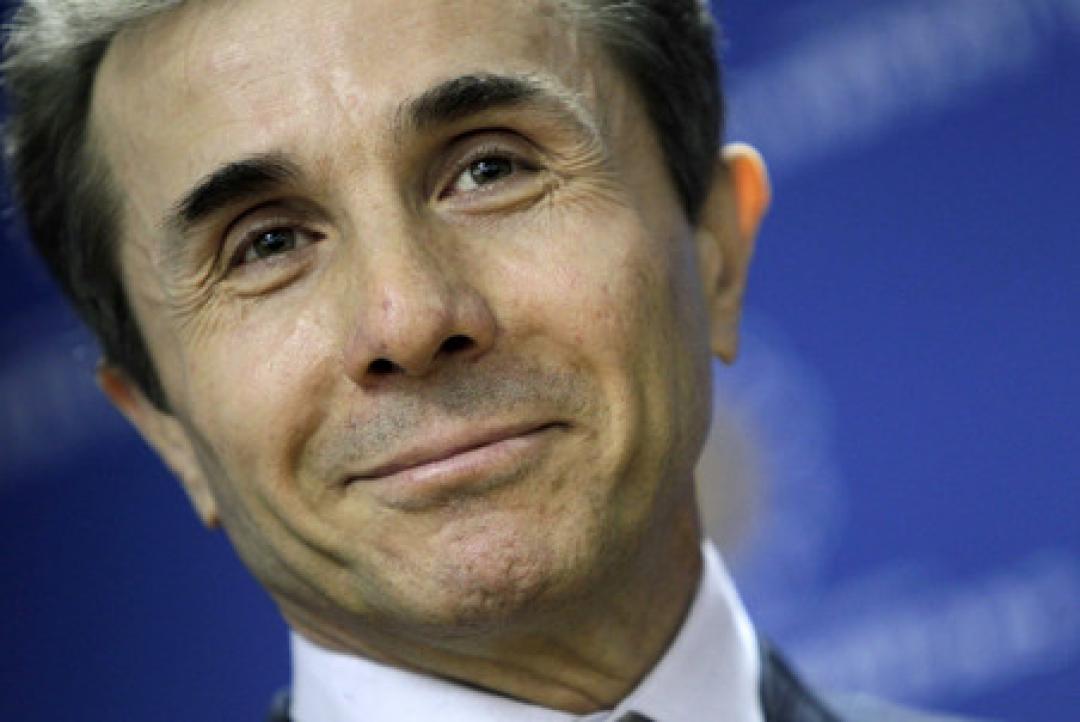
Georgian Dream Threatens to Ban Opposition Parties

On August 21, Bidzina Ivanishvili, accompanied by the leadership of the Georgian Dream party, addressed a gathering of supporters in Mtskheta, the ancient capital and religious heart of Georgia. During his speech, he reiterated the key messages outlined in the ruling party's recent statement. These messages included a call to remove the United National Movement and all its affiliates from the political landscape, a crackdown on LGBT rights under the guise of preserving traditional values and safeguarding children, and a preparation to amend Georgia's constitutional framework to restore the country's territorial integrity potentially.
The themes of ending the UNM and “prohibiting LGBT propaganda” have been central to the GD's campaign from the beginning. However, the emphasis on territorial integrity is a relatively recent addition. Ivanishvili explained that restoring territorial integrity necessitates a revision of the country's governance system and territorial organization, which cannot be achieved without constitutional amendments. He asserted that the opposition, labeled as the "collective UNM," would inevitably act against national interests and hinder efforts to restore territorial integrity, a situation that must be avoided. Therefore, he contended that the GD must secure a constitutional majority.
Concerning the political ban against its opponents, which GD leaders commonly call the "collective UNM," Ivanishvili stated that a constitutional majority is essential for the GD to eliminate this "serious disease" from the country permanently. He pledged to initiate legal proceedings post-election to outlaw all satellite and successor parties of the UNM.
Ivanishvili declared that the elections on October 26 should serve as a form of Nuremberg trials for the UNM, where the constitutional majority representing the Georgian populace would render a decisive verdict against them.
The Prime Minister of Georgia, Irakli Kobakhidze, argued that when a political party creates problems for the national interests of the state when a political party is anti-constitutional and anti-democratic in its content, of course, its prohibition is the responsibility of the state before its own country and democratic system.
According to the head of the government, banning an illegitimate, unconstitutional political party is a normal democratic procedure, and when there is a legal basis, it should be done in a democratic state.
"Saakashvili's regime is not a Georgian state. Therefore, we are talking about the trial of Saakashvili's regime, and of course, this process cannot threaten our national interests, which everyone should have understood from the beginning to the end. As for the banning of an illegitimate, unconstitutional political party, this is a normal democratic procedure, when all legal grounds are in place, this is how it should be done in a democratic state. One after the other, political parties are banned in Ukraine and Moldova, and in this regard, very positive assessments are heard from the same EU side. This is a democratic process when a political party creates problems for the state's national interests when the political party is anti-constitutional or anti-democratic in its content; of course, its ban is the responsibility of the state before its own country and democratic system," said the Prime Minister.
See Also


Simonyan: “Armenia Should Trade with Turkey and Azerbaijan Instead of Closing Borders”

Mirzoyan Meets US Deputy Assistant Secretary Joshua Huck

Azerbaijani President Holds Talks with UAE and German Business Delegations on Economic Cooperation

Grigoryan Confirms Armenia’s Readiness to Dissolve OSCE Minsk Group Upon Peace Treaty Signing

